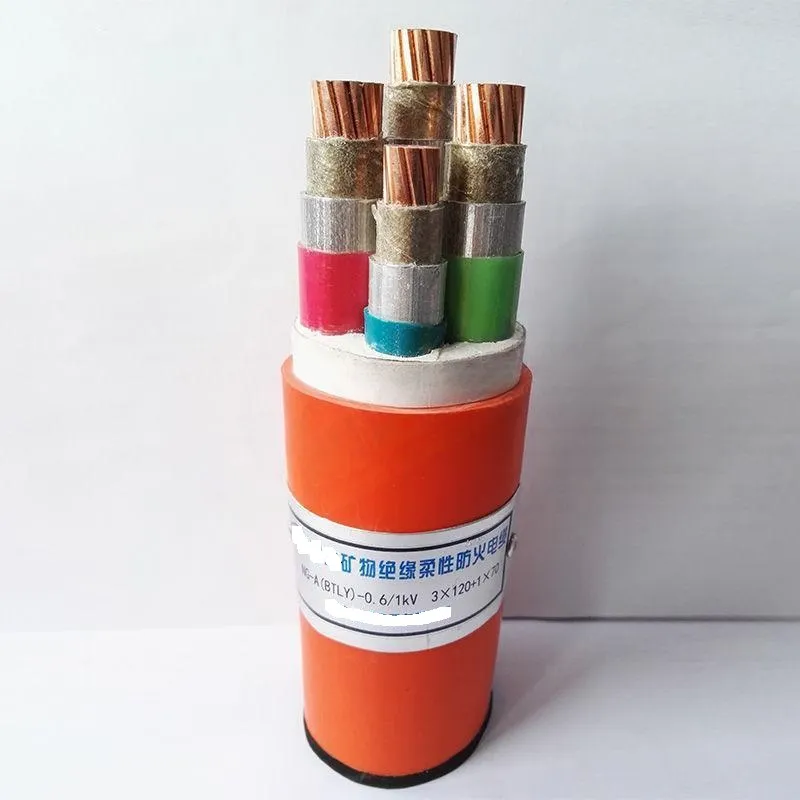9 月 . 06, 2024 14:28 Back to list
Floating Ball Check Valve - Reliable Flow Control Solutions
Understanding Floating Ball Check Valves Principles and Applications
Floating ball check valves are essential components in fluid control systems, widely used in various industries due to their unique design and functionality. At the heart of their operation is a floating ball that provides a simple yet effective way to control the flow of liquids and gases, ensuring systems operate efficiently and safely.
Working Principle
The principle behind a floating ball check valve is straightforward. The valve consists of a spherical ball and a valve body, which contains an inlet and an outlet. In its resting state, the ball sits at the valve's inlet, preventing any fluid flow. When the pressure of the fluid flowing toward the valve exceeds the weight of the ball, the ball is lifted off its seat, allowing the fluid to pass through the valve. Conversely, when the flow decreases or reverses, gravity causes the ball to drop back onto the seat, effectively sealing the valve and stopping any backflow.
This self-regulating mechanism means that floating ball check valves do not require external power sources or mechanical actuators to operate
. Their simplicity makes them an attractive choice for many applications, from residential plumbing to industrial piping systems.Advantages
One of the most notable advantages of floating ball check valves is their reliability. Since they contain few moving parts and operate based on gravity and fluid dynamics, they require minimal maintenance and are less prone to failure compared to other valve types. Furthermore, they can handle a wide range of fluid types, including water, oils, and various chemicals, making them versatile for different environments.
floating ball check valve

Another significant benefit is their ability to prevent backflow effectively. This property is crucial in applications where backflow could lead to contamination or damage, such as in wastewater treatment plants or chemical processing facilities. By ensuring a one-way flow of fluids, these valves help maintain system integrity and safety.
Applications
Floating ball check valves find applications in various sectors. In residential plumbing, they are commonly used in sump pumps and sewage systems to prevent backflow into the home. In industrial processes, these valves are integral to maintaining proper flow dynamics in piping systems, ensuring that hazardous or costly fluids do not leak back into supply lines.
Moreover, they are frequently employed in water and wastewater management systems. Here, they help regulate the flow of treated and untreated water, preventing any unwanted reverse flow that could compromise the treatment process. Additionally, they are used in agricultural irrigation systems, where they maintain consistent water flow while protecting against algae growth and system contamination.
Conclusion
In summary, floating ball check valves are indispensable tools in fluid control systems due to their simple yet effective design. Their ability to ensure unidirectional flow, combined with low maintenance requirements and high reliability, makes them suitable for a range of applications across various industries. Understanding their workings and benefits can help engineers and system designers make informed decisions when selecting components for fluid handling systems, ultimately leading to more efficient and safer operations. Whether in homes, industries, or agriculture, the floating ball check valve continues to play a vital role in modern fluid management.
Share
-
Understanding the Differences Between Wafer Type Butterfly Valve and Lugged Butterfly ValveNewsOct.25,2024
-
The Efficiency of Wafer Type Butterfly Valve and Lugged Butterfly ValveNewsOct.25,2024
-
The Ultimate Guide to Industrial Swing Check Valve: Performance, Installation, and MaintenanceNewsOct.25,2024
-
Superior Performance with Industrial Swing Check Valve: The Essential Valve for Any SystemNewsOct.25,2024
-
Industrial Swing Check Valve: The Ideal Solution for Flow ControlNewsOct.25,2024
-
You Need to Know About Industrial Swing Check Valve: Functionality, Scope, and PerformanceNewsOct.25,2024